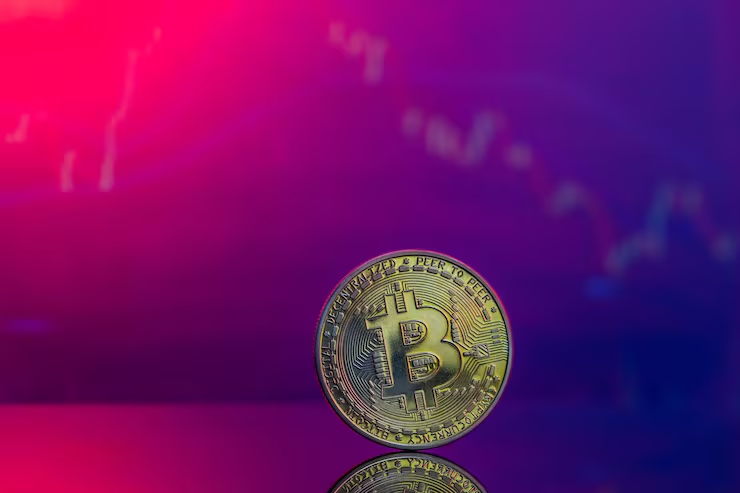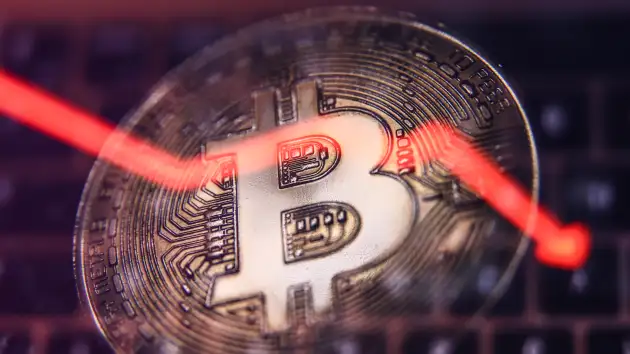Pakistan Crypto Council Partners with Trump Adviser to Boost Digital Assets
The Pakistan Crypto Council partners with Trump adviser in a strategic move to accelerate the country’s digital asset journey. The meeting in Washington marked a milestone in Pakistan’s blockchain diplomacy.
Bilal bin Saqib, Pakistan’s Minister of State for Crypto and Blockchain, met Patrick Witt, a senior crypto adviser to former U.S. President Donald Trump. Their discussion explored collaboration in regulation, investment, and innovation.
Saqib described the engagement as “a remarkable day for Pakistan in Washington,” emphasizing the value of U.S. expertise in building the local crypto ecosystem.
Pakistan Crypto Council Pushing Reforms
The Pakistan Crypto Council (PCC) leads the regulatory reform effort under Saqib’s leadership. It aims to align Pakistan’s rules with global crypto standards and attract investment.
As Special Assistant to the Prime Minister on Blockchain, Saqib drives policy, licenses, and adoption strategies. He sees blockchain as a foundation of Pakistan’s digital future.
Key Initiatives Under Way
Strategic Bitcoin Reserve
At Bitcoin 2025 in Las Vegas, Saqib announced Pakistan’s Strategic Bitcoin Reserve, a sovereign holding of Bitcoin with no plans to liquidate soon. This signals a long-term belief in crypto assets as strategic reserves.
Energy, Mining & AI Centers
The government allocated 2,000 megawatts of electricity for crypto mining and AI data centers. This supply aims to use surplus power and create new tech infrastructure.
Pakistan hopes this allocation will encourage firms to invest in energy-intensive blockchain, data processing, and AI sectors.
Partnership with World Liberty Financial
PCC previously signed a Letter of Intent with World Liberty Financial (WLF)—a DeFi firm with reported ties to Trump’s family.
This alliance aims to expand stablecoin usage, DeFi products, and blockchain infrastructure in Pakistan.
Diplomatic & Legislative Outreach
Beyond one-on-one meetings, Saqib met U.S. lawmakers including senators Cynthia Lummis, Bill Hagerty, and Rick Scott. Their talks spanned regulatory harmonization and investment flows.
Pakistan also meets with international crypto bodies to ensure compliance with global standards such as FATF. The PCC coordinates with agencies like the State Bank, SECP, and Ministry of IT.
Implications & Opportunities
This partnership could accelerate Pakistan’s standing in the regional crypto market. With a solid legal framework, Pakistan can attract Web3 capital and talent.
The collaboration may help Pakistan become a hub for crypto innovation in South Asia. Global firms may see Pakistan as a regulated, growth market.
It also signals Pakistan’s seriousness in digital finance diplomacy. Ties with U.S. advisers may bring shared standards, technology transfer, and trust from investors.
Risks & Challenges Ahead
Large crypto deals often face scrutiny. Some critics question due diligence and transparency.
Managing energy, environment, and governance in mining and blockchain is complex. Overcommitment could strain resources.
Regulatory risk also looms. Global scrutiny or policy shifts in U.S. or Pakistan could disrupt momentum.
Linkages with Trump-affiliated entities may attract political attention and controversy. Critics will watch for conflicts of interest.
What Comes Next
Expect formal agreements, pilot projects, and regulatory drafts in coming months. PCC may announce crypto zones, sandbox frameworks, and infrastructure plans.
Pakistan may use the relationship to influence global crypto regulation and standards. Partners like WLF may deploy blockchain tools, stablecoins, or DeFi services locally.
Closer oversight with Pakistan’s new regulatory body—Pakistan Virtual Assets Regulatory Authority (PVARA)—will be key. (PVARA formed in July 2025)
The success of this collaboration depends on governance, execution, and alignment with national priorities.







